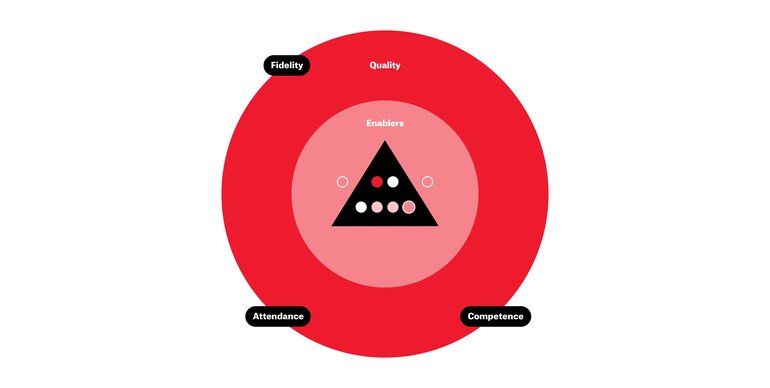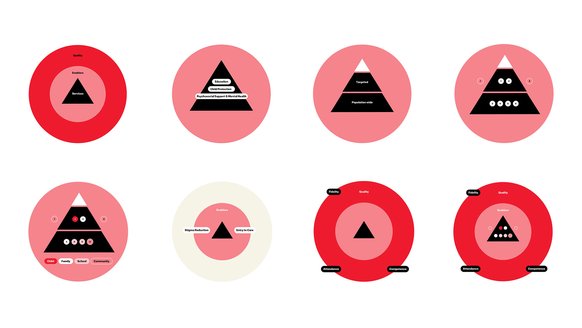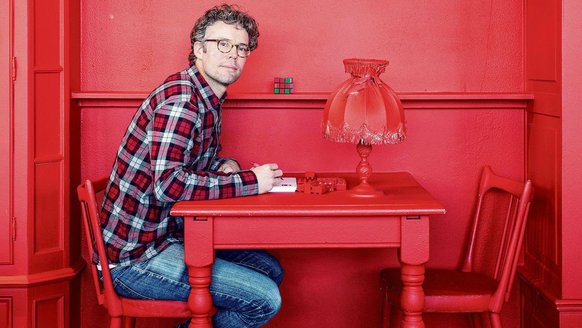Designed for scale-up
“Robust interventions to meet the psychosocial needs of conflict-affected children are urgently required. TeamUp meets this need by drawing on academic evidence and lessons learned.”
Birgit van Delft, TeamUp Programme Director
UKRAINE RESPONSE
As the war in Ukraine continues, thousands of children are sheltering in neighbouring countries. TeamUp is training local volunteers and partner organisations to use the method in schools and safe spaces. Download this for more information.
Invisible Wounds
- The impact of war and flight goes far beyond physical wounds
- Children experience fear, stress, anger, anxiety and other intense emotions
- This can pose a significant threat to their healthy development and wellbeing
Adit
Play and movement
During weekly TeamUp sessions, children (aged 6-18) take part in structured play and movement-based activities led by trained facilitators. Each activity has a specific goal related to a theme such as dealing with anger or stress and interacting with peers.
We communicate through play and movement, rather than verbal cues, so that all children can participate even if they don't share a common language.
Theory of Change
The TeamUp method has been monitored and evaluated since its inception. Lessons learned from implementation - together with a literature review - contributed to the creation of a robust Theory of Change which defines the anticipated outcomes for children taking part. Further research will examine to what extent these outcomes have been realised.
A Theory of Change is a comprehensive description of how and why a desired change is expected to play out in a specific context. Don't forget to download the TeamUp Theory of Change here.
Improved wellbeing
A process evaluation to gain insights into how children and facilitators perceive the outcomes of TeamUp was conducted between September 2018 to 2019 in the Netherlands. TeamUp was positively perceived by all stakeholders and regarded as contributing to children's psychosocial outcomes.
A separate evaluation of TeamUp at School found that children enjoyed improved psychosocial wellbeing by participating in the programme.
COVID-19 Response
Our team has developed a streamlined ‘TeamUp at Home’ activity book - a collection of movement exercises for children to take part in at home with their siblings. The collection of exercises - available in 17 languages - is designed to uphold the wellbeing of children living in lockdown against negative pressures arising from the COVID-19 pandemic. Download here
Our Partners
TeamUp was launched as a coalition by War Child, Save the Children and UNICEF Netherlands. Major names such as SOS Children’s Villages, Plan International and ZOA Uganda have since joined as partners to roll out the programme internationally.
We've also integrated TeamUp within several international consortiums including Joining Forces for Africa and EPSUM.
Nelson
Countries
TeamUp is currently active in sixteen countries including:
The programme is currently being rolled out in countries including Germany, Iraq and Mozambique. A scaling strategy is in place with the ambition to reach one million children by 2025.
UGANDA STUDY
TeamUp recently featured in two case studies of Innocenti, UNICEF’s dedicated research institute. We also conducted a quasi-experimental study with children in four schools in Uganda’s Bidibidi Refugee Settlement. The related publication is currently being drafted.
OUR RESEARCH AGENDA
TeamUp is well on its way to becoming a truly evidence-based intervention. In the coming months, research will be undertaken to fuel the global scale up of the method - including plans to conduct a cluster randomized controlled trial.
Research and development
How we ensure our work with children is effective

The War Child Care System is made up of nine core methods, developed to address the urgent needs of conflict-affected children and their communities. These methods are supported by a number of tools and enabling trajectories that serve to promote access to care and a process of localisation.
Inside our Expertise Hub
Birgit van Delft is (interim) Programme Director of TeamUp. Since 2015 she has been one of the co-developers of the TeamUp intervention, firstly for the Netherlands and later supported coordination of TeamUp scaling globally.


